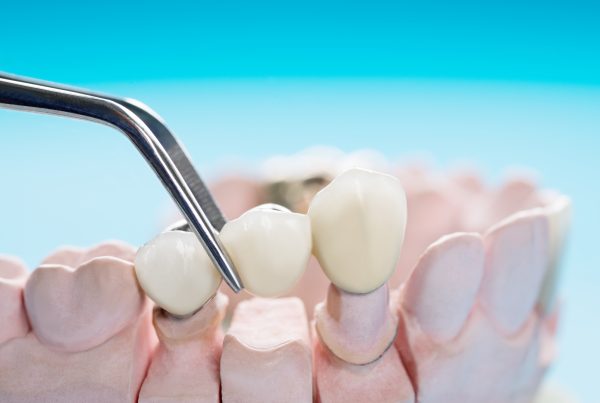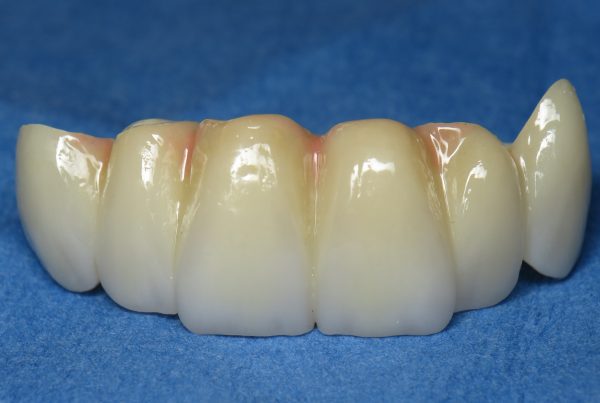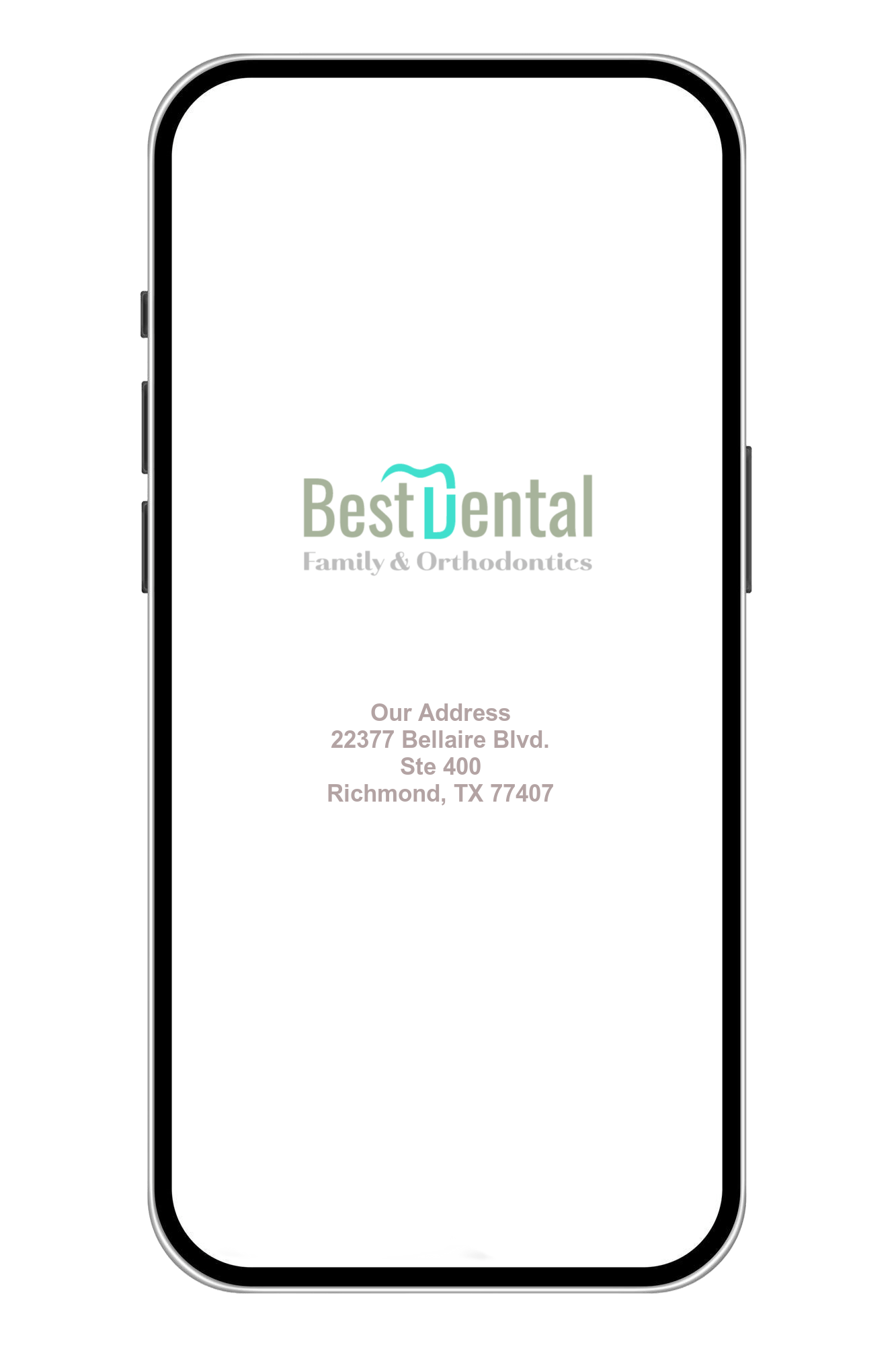Dental Crowns In A Nutshell
A dental crown is a common dental restoration that is used to restore a damaged or decayed tooth to its natural shape, size, and function. It is essentially a cap that is placed over a tooth to strengthen it and improve its appearance. This procedure is often recommended when a tooth is extensively decayed, weakened, or fractured, or has undergone a root canal treatment. Dental crowns can be made from various materials, including porcelain, ceramic, metal, or a combination of these materials, and they are custom-made to match the color and contour of the surrounding teeth. With advancements in dental technology, modern dental crowns not only provide structural support but also offer aesthetic benefits, giving patients the confidence of a natural-looking smile.
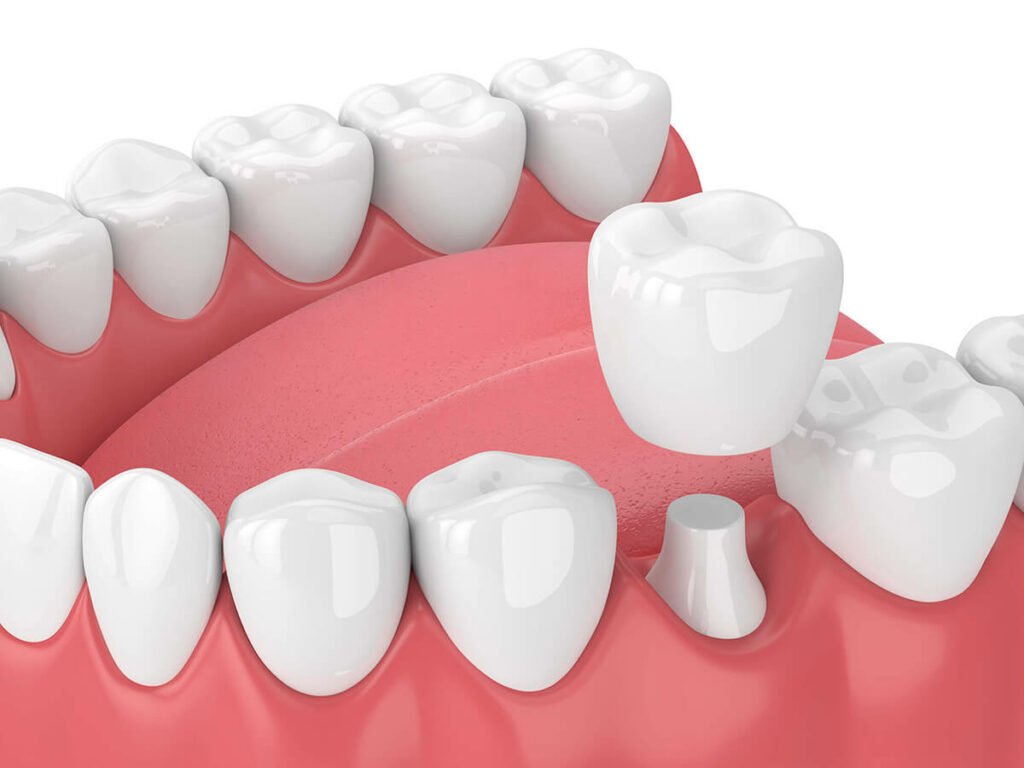
What is a dental crown, and what is its purpose in dentistry?
A dental crown is a prosthetic cap that is placed over a damaged or decayed tooth, restoring its shape, size, strength, and appearance. It encases the entire visible portion of the tooth above the gum line, providing protection and reinforcement to a weakened or vulnerable tooth. Dental crowns serve a crucial role in dentistry by restoring the functionality of a tooth that has been significantly compromised due to decay, trauma, or structural damage. They help in improving bite alignment, restoring chewing ability, preventing further damage, and enhancing the overall aesthetics of the smile. Additionally, dental crowns can be instrumental in supporting dental bridges, protecting weak teeth from fracturing, or covering dental implants for tooth replacement, making them an essential component of various restorative and cosmetic dental procedures.
When might a dentist recommend a dental crown for a patient?
A dentist might recommend a dental crown for a patient in several scenarios. One common situation is when a tooth has suffered extensive decay, trauma, or structural damage, compromising its strength and functionality. In such cases, a dental crown can help restore the tooth’s shape, size, and strength, preventing further damage and preserving the natural tooth structure. Additionally, dental crowns are often recommended following a root canal treatment to protect the weakened tooth from fracturing. They are also used to support dental bridges, cover dental implants, or improve the appearance of misshapen or discolored teeth, enhancing the overall aesthetics of the patient’s smile. Furthermore, dental crowns can be employed as a preventive measure for individuals at a higher risk of tooth decay or those with a history of dental issues, providing long-term protection and support for compromised teeth.
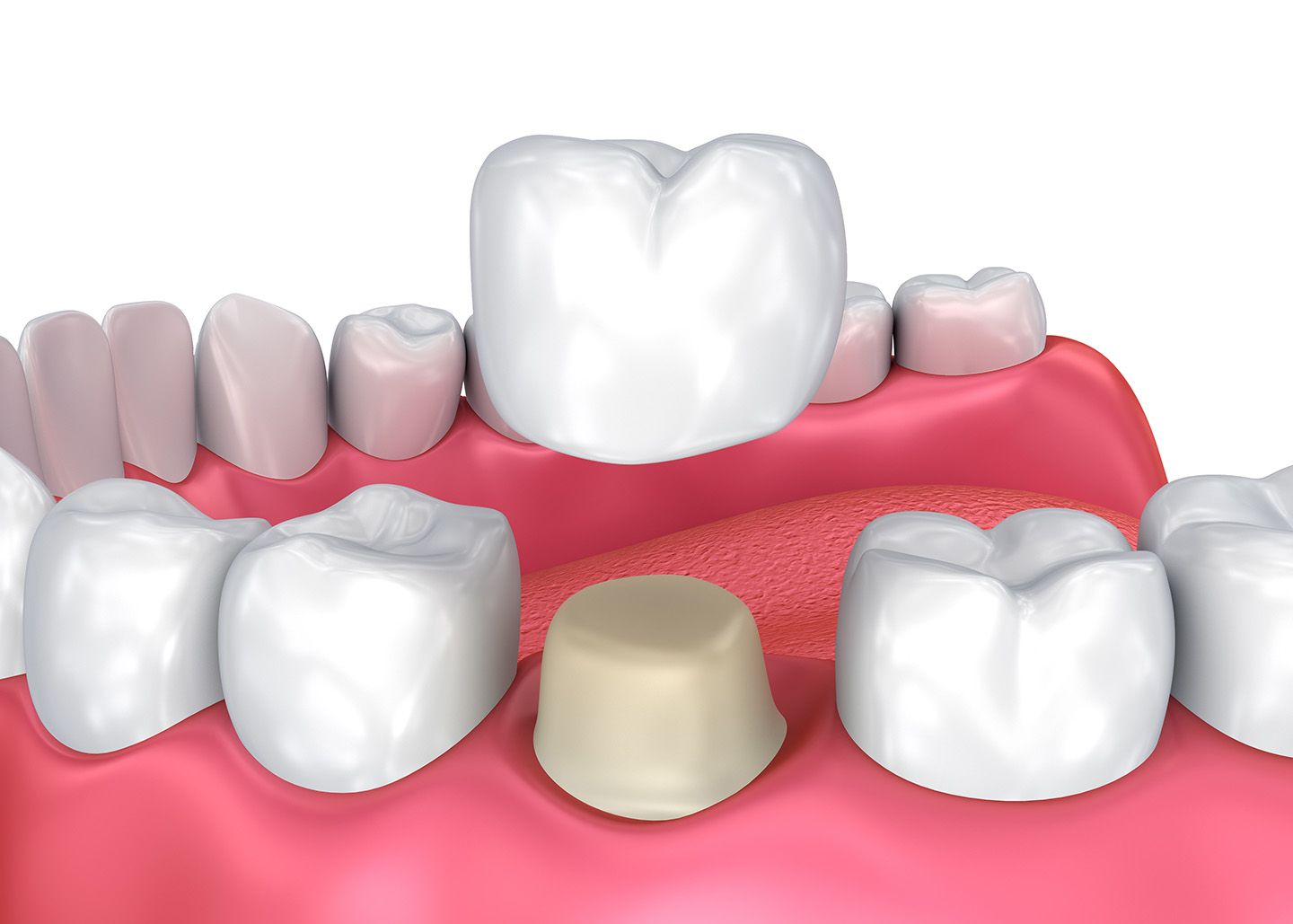
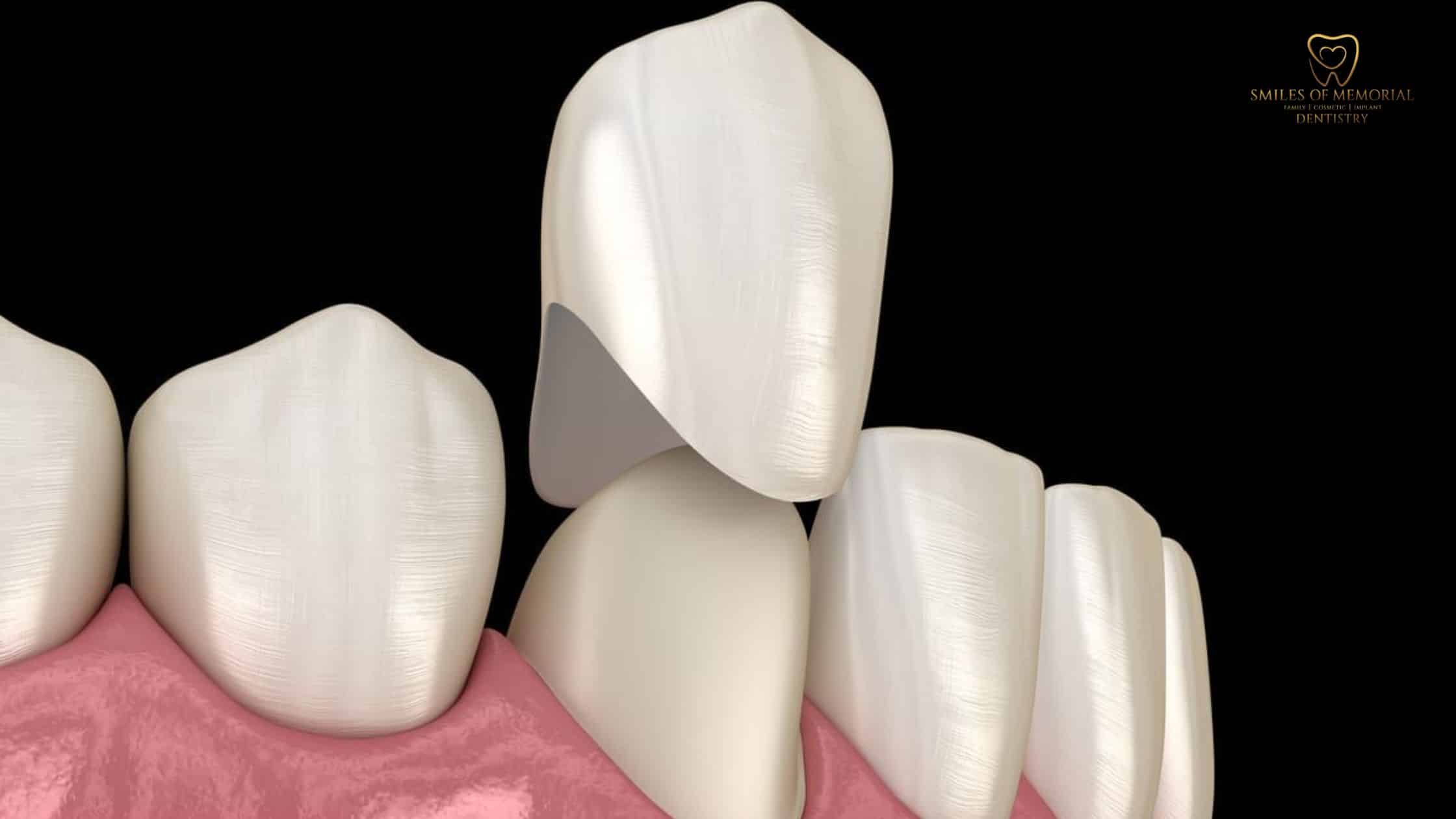
How is the dental crown placement procedure typically carried out?
The dental crown placement procedure typically involves several steps. Initially, the dentist prepares the affected tooth by removing any decayed or damaged areas and reshaping it to ensure a proper fit for the crown. Then, the dentist takes impressions of the prepared tooth and the surrounding teeth to create a custom-made crown that matches the patient’s bite and natural tooth color. While the permanent crown is being fabricated in a dental laboratory, the dentist places a temporary crown to protect the prepared tooth. Once the permanent crown is ready, the temporary crown is removed, and the new crown is carefully adjusted and cemented into place. The dentist ensures that the crown fits securely and aligns properly with the surrounding teeth, making necessary adjustments for bite and comfort. Finally, the patient is provided with instructions on how to care for the newly placed crown for optimal oral hygiene and longevity.
Are there different types of dental crowns available, and what materials are commonly used?
Yes, there are various types of dental crowns available, each with its unique characteristics and suitable applications. One common type is the porcelain-fused-to-metal crown, which combines the strength of a metal base with the natural appearance of porcelain, making it a popular choice for both durability and aesthetics. Another type is an all-ceramic or all-porcelain crown, known for its excellent aesthetic appeal as it closely mimics the natural color and translucency of real teeth, making it an ideal choice for front teeth restorations. Additionally, there are metal crowns, including gold or base metal alloys, which are highly durable and require minimal removal of the tooth structure, making them suitable for molars where the forces of chewing and biting are most significant. Moreover, zirconia crowns have gained popularity due to their strength, durability, and natural appearance, making them a versatile option for various tooth restorations, especially for individuals with metal allergies.
The choice of materials for dental crowns depends on various factors, including the location of the tooth, the patient’s specific dental needs, and their aesthetic preferences. Each material has its advantages and considerations, such as durability, appearance, and cost. Dentists typically consider these factors along with the patient’s oral health, budget, and personal preferences when recommending the most suitable type of dental crown for a particular situation.

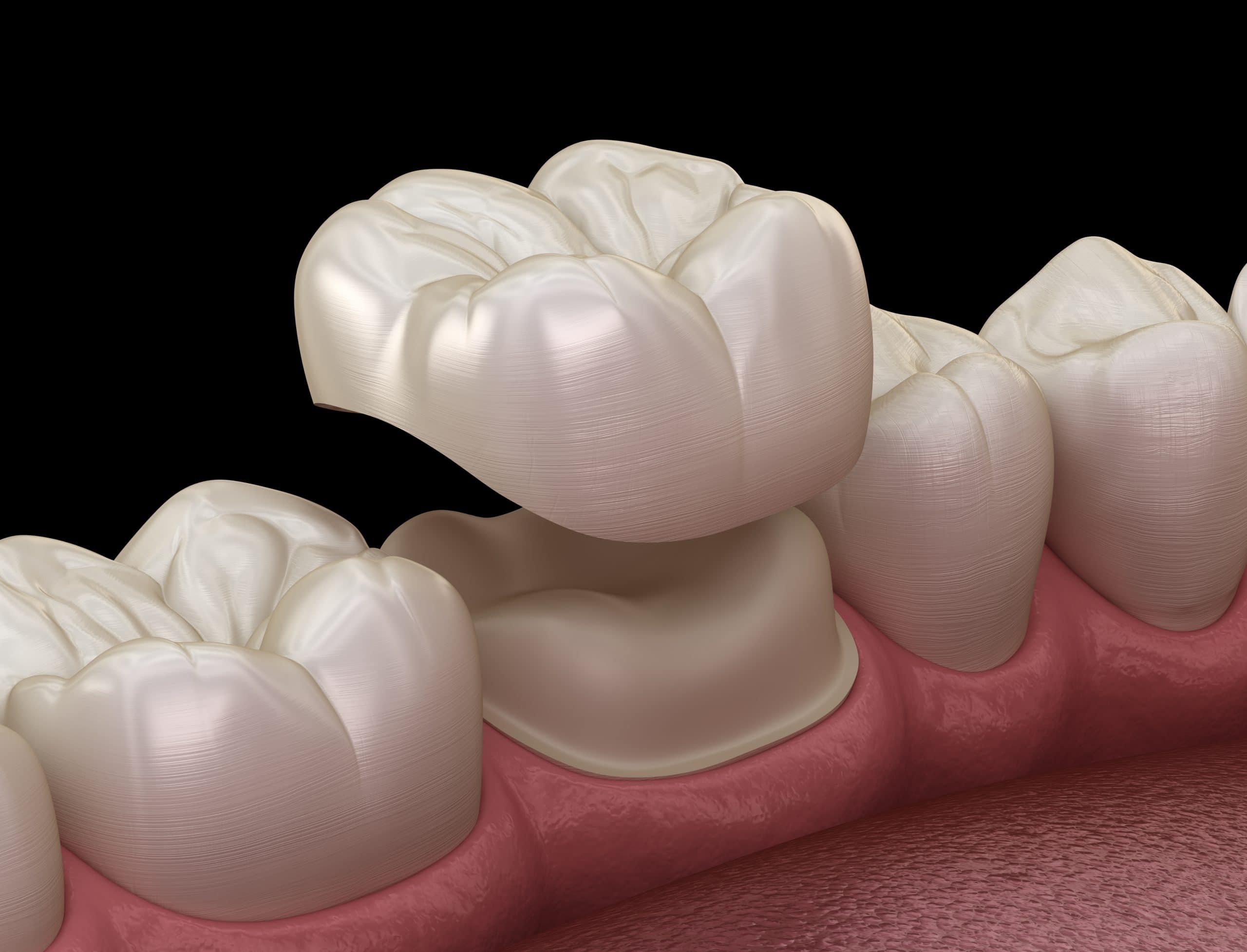
What factors should be considered when choosing the material for a dental crown?
Several crucial factors should be taken into account when choosing the material for a dental crown. First, the location of the tooth in the mouth plays a significant role, as the back teeth endure more pressure during chewing and may benefit from stronger materials such as gold or metal alloys. Additionally, the aesthetic preferences of the patient are essential, particularly for front teeth restorations where a natural appearance is crucial, making materials like all-ceramic or porcelain-fused-to-metal desirable options. Moreover, the patient’s oral health, including any allergies or sensitivities to certain materials, must be considered to prevent any adverse reactions. The cost of the crown and its longevity are also significant factors, as some materials may be more durable and long-lasting, justifying a higher initial investment. Dentists typically consider these factors in conjunction with the patient’s specific needs and preferences to recommend the most suitable material for their dental crown.
How long can a dental crown be expected to last, and what affects its durability?
The longevity of a dental crown can vary depending on several factors, but with proper care and maintenance, a well-fitted crown can last anywhere from 5 to 15 years or even longer. Regular oral hygiene practices, including brushing and flossing, along with routine dental check-ups, can significantly extend the lifespan of a dental crown. However, certain factors can affect its durability, such as the material of the crown, the location of the crown in the mouth, the patient’s oral habits, and the presence of any underlying dental conditions. For instance, individuals who habitually grind or clench their teeth may experience more wear and tear on their crowns, potentially leading to a shorter lifespan. Moreover, poor oral hygiene, such as inadequate brushing and flossing, can contribute to the deterioration of the tooth structure beneath the crown, compromising its stability and longevity. Therefore, maintaining good oral hygiene practices and addressing any underlying dental issues promptly can significantly impact the durability and lifespan of a dental crown.

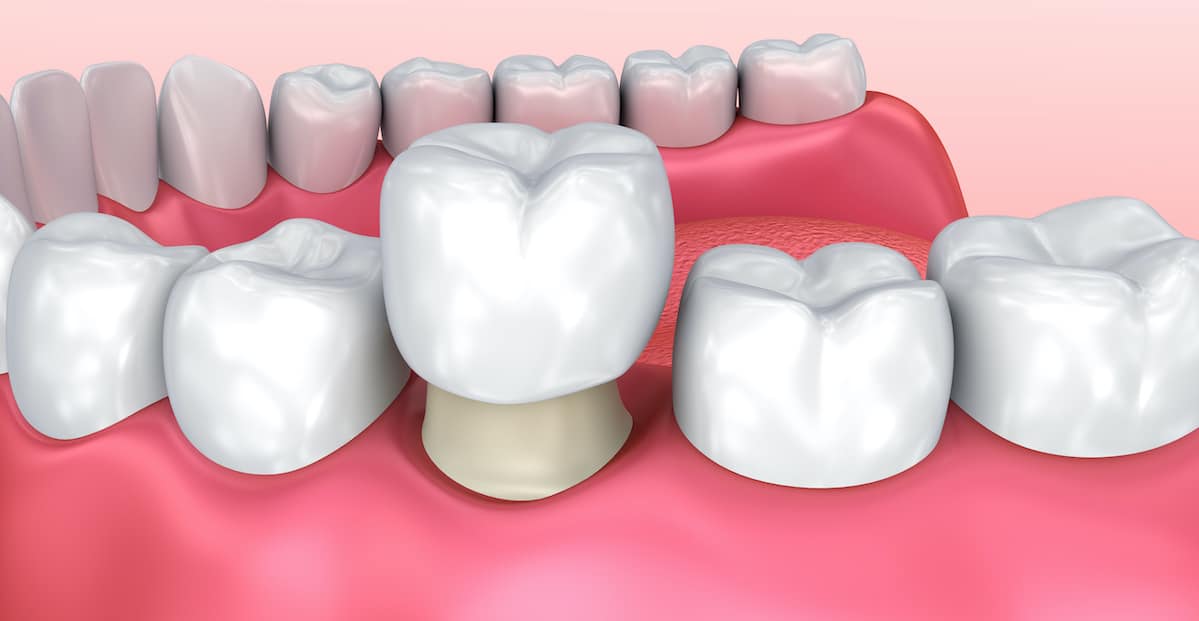
Is the dental crown placement procedure painful, and how is discomfort managed during and after the procedure?
The dental crown placement procedure is typically not painful as it is performed under local anesthesia, ensuring that the patient remains comfortable and free of pain during the process. However, some individuals might experience mild discomfort or sensitivity during the preparation of the tooth or while wearing a temporary crown. Dentists may employ various techniques to manage any discomfort, such as using local anesthetics to numb the area, employing dental dams to isolate the tooth during the procedure, and providing sedatives or anti-anxiety medications for anxious patients. Additionally, over-the-counter pain relievers can help manage any post-procedural discomfort, swelling, or sensitivity that may arise after the anesthesia wears off. Dentists often provide specific post-operative instructions, including recommendations for pain management and care, to ensure that patients are well-equipped to handle any discomfort and promote a smooth recovery process.
